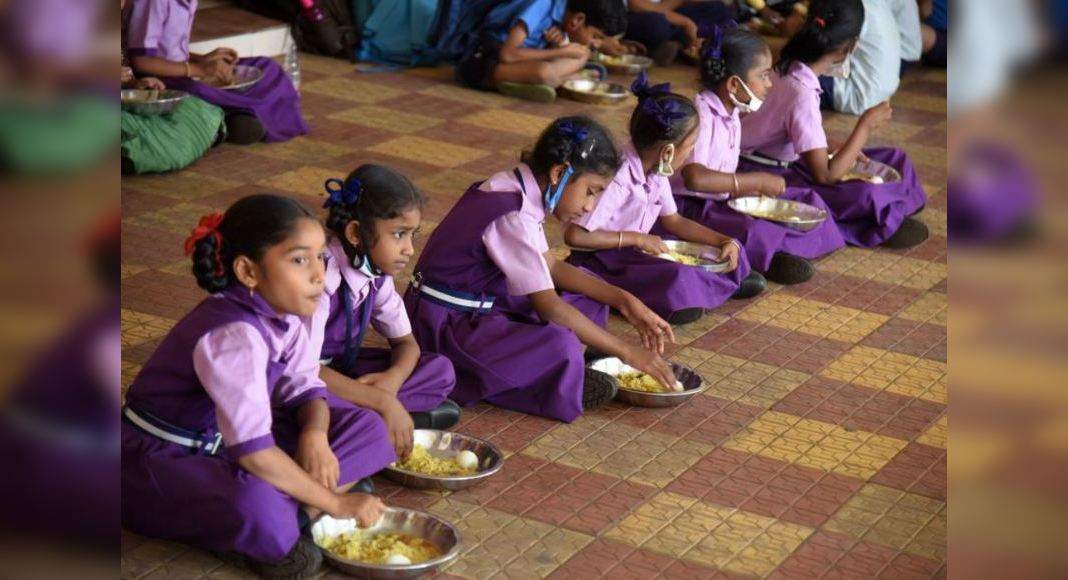New Delhi: Women who receive free food in Indian elementary school has children with increased linear growth, according to a study.
Research, published in the Communications Nature Communications on Monday, suggested a potential pathway through which school feeding programs can have inter-generation effects on child nutritional results.
Researchers at the International Food Policy Research Institute (IFPRI) in the US noted that India is home to the number of less excessive children and the largest school feeding program in the world – Lunch Scheme (MDM).
However, the long-term benefits of the nutritional scheme are unknown.
The researchers used national representative data on their mothers and their children from 1993 to 2016 to assess whether MDM supports increasing inter-generation in child linear growth.
They found that investments made in schools in the previous decades were associated with increasing linear growth of children in the future.
“Our findings indicate that intervention during elementary school years can contribute important to reduce childsteps in the future, especially considering the cumulative exposure made through school feeding programs,” said the co-author of Suman Chakrabarti from the University of Washington in the US , , These findings also show that school foods can contribute to education, then fertility decisions, and access to health care, reduce the risk of malnutrition in the next generation, the researchers said.
“School eating programs such as the MDM India scheme have the potential to stimulate the reduction of population level stunting because they are applied on the scale and target several underlying determinants in vulnerable groups,” said the study writer Samuel Scott from IFPRI.
The study of the authors, Harold Alderman, noted that the findings of the previous evaluation of the MDM India scheme have demonstrated a positive relationship with the presence of beneficiaries’ schools, learning achievement, malnutrition and protein malnutrition, and resistance to health shocks such as drought.
All of this may have the benefits of accumulation for children born to mothers who participate in this program, he said.
Further research is needed to understand whether improving the quality or quantity of food provided and expanding programs outside of elementary school will further increase its benefits, add researchers.
The MDM scheme, which was initiated by the central government in 1995, was intended to cover all government schools under the National Nutrition Support program for basic education, writing writers.
Because of institutional challenges, only a few countries scale programs immediately, they said.
According to the researchers, data from 1999 showed that only 6 percent of all girls aged 6-10 years received midday food at school.







